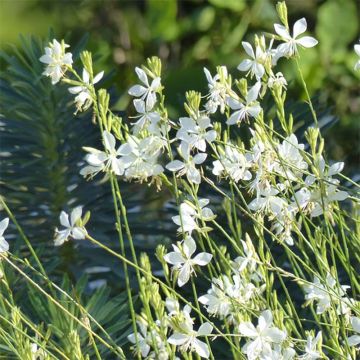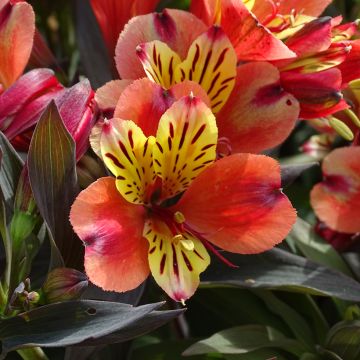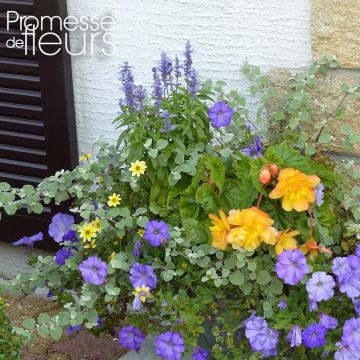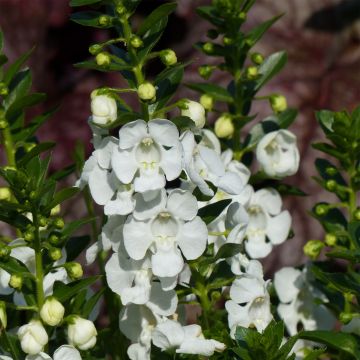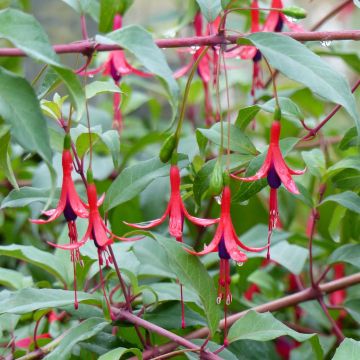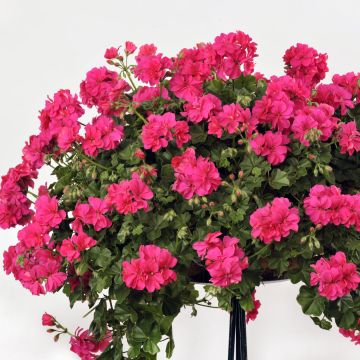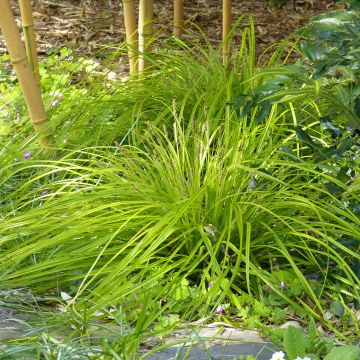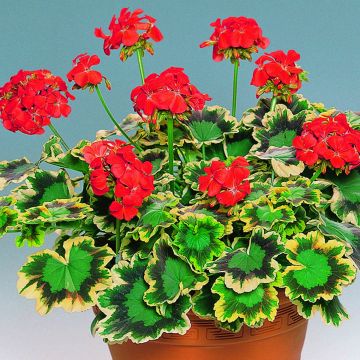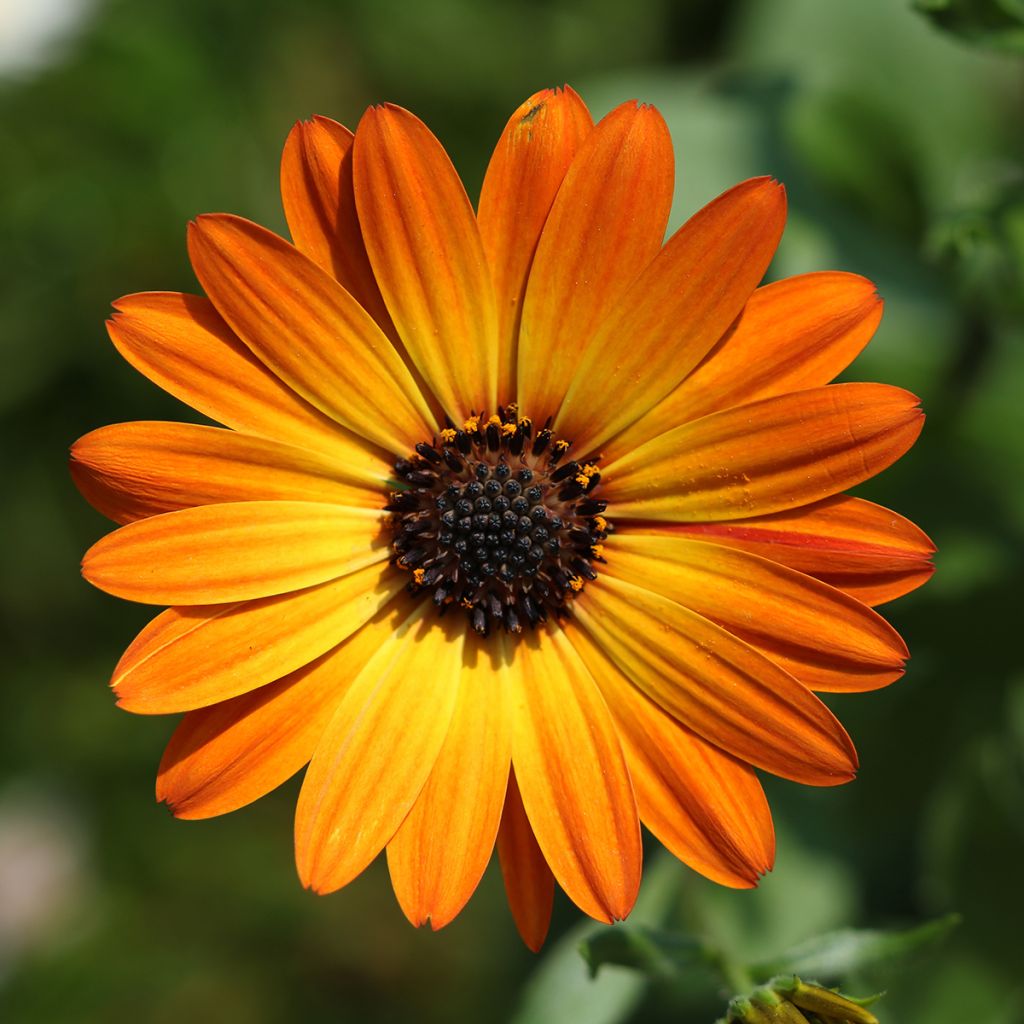

Osteospermum Dalina Orange - Cape Daisy
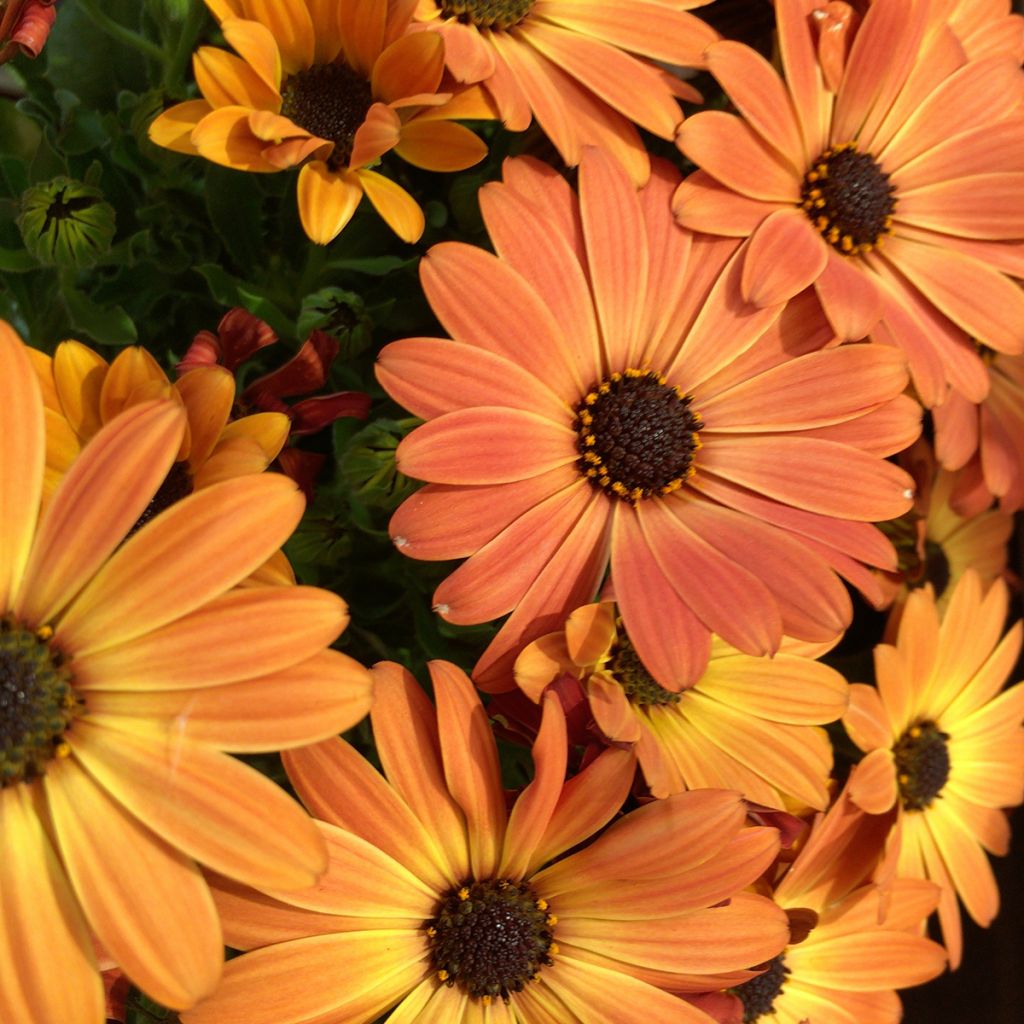

Osteospermum Dalina Orange - Cape Daisy
Osteospermum Dalina Orange - Cape Daisy
Osteospermum (x) ecklonis Dalina® Orange
Cape Daisy, Blue-eyed Daisy, African Daisy
Special offer!
Receive a €20 voucher for any order over €90 (excluding delivery costs, credit notes, and plastic-free options)!
1- Add your favorite plants to your cart.
2- Once you have reached €90, confirm your order (you can even choose the delivery date!).
3- As soon as your order is shipped, you will receive an email containing your voucher code, valid for 3 months (90 days).
Your voucher is unique and can only be used once, for any order with a minimum value of €20, excluding delivery costs.
Can be combined with other current offers, non-divisible and non-refundable.
Home or relay delivery (depending on size and destination)
Schedule delivery date,
and select date in basket
This plant carries a 6 months recovery warranty
More information
We guarantee the quality of our plants for a full growing cycle, and will replace at our expense any plant that fails to recover under normal climatic and planting conditions.

Would this plant suit my garden?
Set up your Plantfit profile →
Description
Osteospermum Dalina® 'Orange' is a variety of Osteospermum or Cape Daisy selected for its large orange flowers with a light brown centre. This plant is part of a new generation of highly floriferous hybrids. The Dalina series needs to be pinched to promote branching. It is a tender perennial, usually grown as an annual in temperate climates, where it brightens up containers throughout the summer. In coastal areas, it is an excellent perennial for rock gardens and dry slopes.
Mainly native to South Africa, Osteospermum are perennial or annual plants closely related to Dimorphothecas. Like them, they belong to the large Asteraceae family. Most Osteospermums cultivated in gardens are hybrids of uncertain origin. They are generally very robust plants, useful for ornamenting dry soils. Their preferred region in South Africa corresponds to the Atlantic coast, which has a Mediterranean climate. The Dalina 'Orange' variety is a recent Danish selection with a compact habit, ideal for container gardening. Its flowering occurs from May-June to October, depending on the cultivation method and climate. The plant, reaching maturity in a few months, will grow to about 35cm in height and 40-45cm in width, forming a beautiful, generously blooming cushion. Its flowers are quite large compared to the size of the plant. They are borne on branched stems emerging from green foliage that will persist in frost-free winters. They close up when the light is insufficient. Usually grown as an annual in temperate climates, the plant can regrow from the stump in spring if the winter is not too cold (maximum hardiness -7/-8°C), and the soil is well-drained.
Osteospermums have become indispensable, as they are very willing to flower on dry slopes in open ground or on terraces and balconies exposed to heat. In a dry garden, they can be combined with catmints, shrubby salvias, verbenas, Lantanas, or immortelles. They will highlight borders and flower rock gardens. In a mix of colours, they form remarkable ground covers. In flower pots, they can be paired with Bidens or Erigeron karvinskianus, for example.
Report an error about the product description
Flowering
Foliage
Plant habit
Botanical data
Osteospermum
(x) ecklonis
Dalina® Orange
Asteraceae
Cape Daisy, Blue-eyed Daisy, African Daisy
Dimorphoteca Dalina Orange
Cultivar or hybrid
Planting and care
Plant your 'Dalina' Osteospermums in the ground after the last frost, in a very sunny location. You can also plant them in a pot placed in a sheltered position, which you will take out in May. Osteospermums require well-drained soil, but not necessarily very rich. Water moderately. In a pot, regular watering is necessary in summer. Regularly remove faded flowers to prolong flowering. You can keep your plants by bringing them indoors under a veranda or in a cold greenhouse in winter. They can tolerate a light frost, but they will only survive the winter in the garden if they are in a location protected from severe frosts.
Planting period
Intended location
Care
This item has not been reviewed yet - be the first to leave a review about it.
Similar products
Haven't found what you were looking for?
Hardiness is the lowest winter temperature a plant can endure without suffering serious damage or even dying. However, hardiness is affected by location (a sheltered area, such as a patio), protection (winter cover) and soil type (hardiness is improved by well-drained soil).

Photo Sharing Terms & Conditions
In order to encourage gardeners to interact and share their experiences, Promesse de fleurs offers various media enabling content to be uploaded onto its Site - in particular via the ‘Photo sharing’ module.
The User agrees to refrain from:
- Posting any content that is illegal, prejudicial, insulting, racist, inciteful to hatred, revisionist, contrary to public decency, that infringes on privacy or on the privacy rights of third parties, in particular the publicity rights of persons and goods, intellectual property rights, or the right to privacy.
- Submitting content on behalf of a third party;
- Impersonate the identity of a third party and/or publish any personal information about a third party;
In general, the User undertakes to refrain from any unethical behaviour.
All Content (in particular text, comments, files, images, photos, videos, creative works, etc.), which may be subject to property or intellectual property rights, image or other private rights, shall remain the property of the User, subject to the limited rights granted by the terms of the licence granted by Promesse de fleurs as stated below. Users are at liberty to publish or not to publish such Content on the Site, notably via the ‘Photo Sharing’ facility, and accept that this Content shall be made public and freely accessible, notably on the Internet.
Users further acknowledge, undertake to have ,and guarantee that they hold all necessary rights and permissions to publish such material on the Site, in particular with regard to the legislation in force pertaining to any privacy, property, intellectual property, image, or contractual rights, or rights of any other nature. By publishing such Content on the Site, Users acknowledge accepting full liability as publishers of the Content within the meaning of the law, and grant Promesse de fleurs, free of charge, an inclusive, worldwide licence for the said Content for the entire duration of its publication, including all reproduction, representation, up/downloading, displaying, performing, transmission, and storage rights.
Users also grant permission for their name to be linked to the Content and accept that this link may not always be made available.
By engaging in posting material, Users consent to their Content becoming automatically accessible on the Internet, in particular on other sites and/or blogs and/or web pages of the Promesse de fleurs site, including in particular social pages and the Promesse de fleurs catalogue.
Users may secure the removal of entrusted content free of charge by issuing a simple request via our contact form.
The flowering period indicated on our website applies to countries and regions located in USDA zone 8 (France, the United Kingdom, Ireland, the Netherlands, etc.)
It will vary according to where you live:
- In zones 9 to 10 (Italy, Spain, Greece, etc.), flowering will occur about 2 to 4 weeks earlier.
- In zones 6 to 7 (Germany, Poland, Slovenia, and lower mountainous regions), flowering will be delayed by 2 to 3 weeks.
- In zone 5 (Central Europe, Scandinavia), blooming will be delayed by 3 to 5 weeks.
In temperate climates, pruning of spring-flowering shrubs (forsythia, spireas, etc.) should be done just after flowering.
Pruning of summer-flowering shrubs (Indian Lilac, Perovskia, etc.) can be done in winter or spring.
In cold regions as well as with frost-sensitive plants, avoid pruning too early when severe frosts may still occur.
The planting period indicated on our website applies to countries and regions located in USDA zone 8 (France, United Kingdom, Ireland, Netherlands).
It will vary according to where you live:
- In Mediterranean zones (Marseille, Madrid, Milan, etc.), autumn and winter are the best planting periods.
- In continental zones (Strasbourg, Munich, Vienna, etc.), delay planting by 2 to 3 weeks in spring and bring it forward by 2 to 4 weeks in autumn.
- In mountainous regions (the Alps, Pyrenees, Carpathians, etc.), it is best to plant in late spring (May-June) or late summer (August-September).
The harvesting period indicated on our website applies to countries and regions in USDA zone 8 (France, England, Ireland, the Netherlands).
In colder areas (Scandinavia, Poland, Austria...) fruit and vegetable harvests are likely to be delayed by 3-4 weeks.
In warmer areas (Italy, Spain, Greece, etc.), harvesting will probably take place earlier, depending on weather conditions.
The sowing periods indicated on our website apply to countries and regions within USDA Zone 8 (France, UK, Ireland, Netherlands).
In colder areas (Scandinavia, Poland, Austria...), delay any outdoor sowing by 3-4 weeks, or sow under glass.
In warmer climes (Italy, Spain, Greece, etc.), bring outdoor sowing forward by a few weeks.































